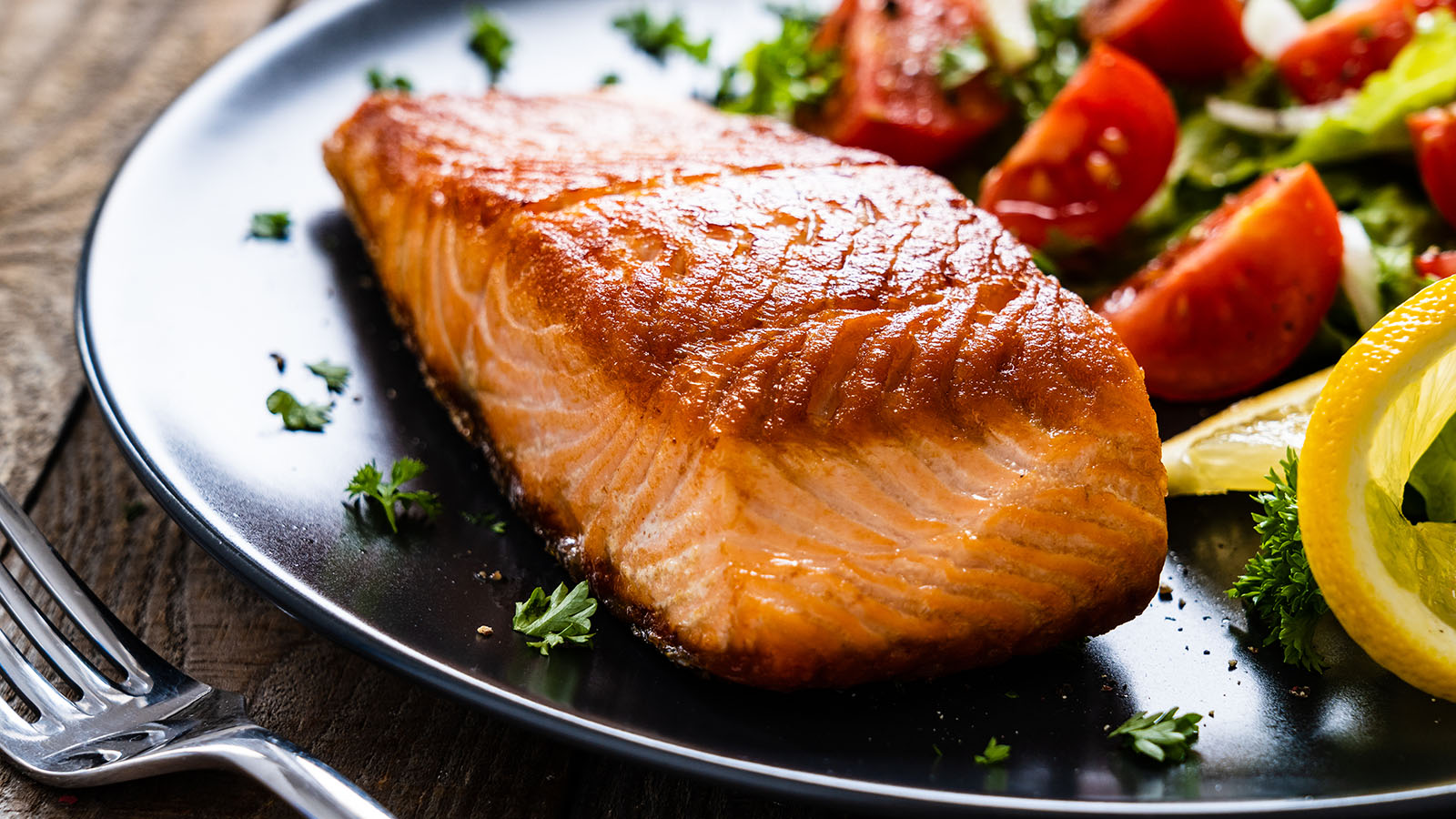Your Chest Pain: Heartburn, Heart Attack, or Something Else?
The burning sensation in your chest after eating a big meal is probably a passing case of heartburn. But it could be something else that should be checked by a doctor.
By Robert Shmuts, DO, Gastroenterology — Virtua Gastroenterology
You’ve probably felt it—the burning sensation in your chest after eating a large or spicy meal. It’s probably heartburn or gastroesophageal reflux disease (GERD), which occurs when digestive acid from your stomach flows back into your esophagus.
Before you pop an antacid and resolve to eat better next time, consider your pain may have a different cause—one that requires treatment from a health care provider
What’s Causing My Symptoms
Heartburn can mean different things to different people. For some, it can be burning in the chest. For others it can be a sore throat, belching, a bad taste in the back of your throat, food that comes back up, chronic cough, or hoarseness.
While reflux is a common cause of heartburn, there are a number of other conditions that produce similar symptoms.
Other causes for chest pain include:
Heart attack—Occurs when an artery supplying blood to the heart becomes blocked. While the chest discomfort with heart attack and heartburn can be similar, with a heart attack the pain can radiate to the arms, neck, jaw, and back. Other heart attack symptoms include shortness of breath, breaking out in a cold sweat, lightheadedness, and fatigue. Call 911 for emergency care.
Angina—Caused by a narrowing of the coronary arteries, angina pain usually goes away with rest or medication. If the pain does not subside after a few minutes, call 911.
Hiatal hernia—Occurs when the upper part of the stomach bulges through the diaphragm. Food and acid can back up into the esophagus, leading to heartburn.
Changes to the esophagus—Occurs when cells lining the esophagus change and grow out of control. GERD is a risk factor for precancerous Barrett’s esophagus and esophageal cancer
Bacterial infection—Helicobacter pylori (H. pylori) bacterial infection of the stomach and small intestine causes inflammation of the stomach lining and ulcers. You may experience abdominal pain, upset stomach, vomiting, burping, bloating, and lack of appetite
Gallbladder disease—Bile produced by the liver for digestion and stored in the gallbladder backs up into the stomach and esophagus.
Gastroparesis—Occurring in people with conditions like diabetes or lupus, the stomach is unable to empty itself of food.
Got GERD?
If your health care provider determines GERD is the culprit of your discomfort, there are steps you can take for relief.
Overeating, eating before bedtime, spicy or high-fat foods, citrus fruits and juices, tomatoes, peppermint, alcohol, caffeine, carbonated drinks, and chocolate all can trigger heartburn.
Obesity, stress, pregnancy, smoking, and certain medicines also can increase your risk.
If you only get reflux after you have beers and spicy wings with your buddies once a month, you may need some lifestyle modifications, but you don’t need further treatment.
If you are getting it more often, you may need to take medication. Medication may include antacids and proton pump inhibitors to block acid production and heal the esophagus.
Get Help
Remember, chest pain is not normal. Don’t ignore your symptoms and think they will just go away. Get checked out—it could save your life.
Put Your Gut Troubles in the Rearview Mirror
If stomach issues affect you often, it may be time for an evaluation with a gastroenterologist. Find a Virtua Gastroenterology practice near you and schedule an appointment online today.
There's So Much More to Explore
Discover expert insights, inspiring stories, health tips, and more by exploring the content below!

Can Your Gut Health Affect Your Heart?

How the Unique Stages of a Woman's Heart Affect Her Health

Complex Aortic Surgery Provides Lu’Shell Hope for the Future

HeartTalk Magazine

Are You Eating Too Much Salt? High-Sodium Foods to Watch For

4 Exercise Tips to Help You Reverse High Blood Pressure

Timely Heart Care During a Heart Attack Helps Joe Feed the Community

3 Reasons Why Now's the Time to Find Relief From Varicose Veins

Lifesaving Heart Care Creates a 'Bond That's Never Left Us'

How High Blood Pressure Affects Your Body

5 Interesting Facts About Your Heart

Get to the Bottom of Blood Pressure Numbers

CABG Surgery: What Women Should Know About Heart Health and Healing

When to Take Action for a Stronger Heart

Groundbreaking Renal Denervation Procedure Controls a Lifetime of High Blood Pressure
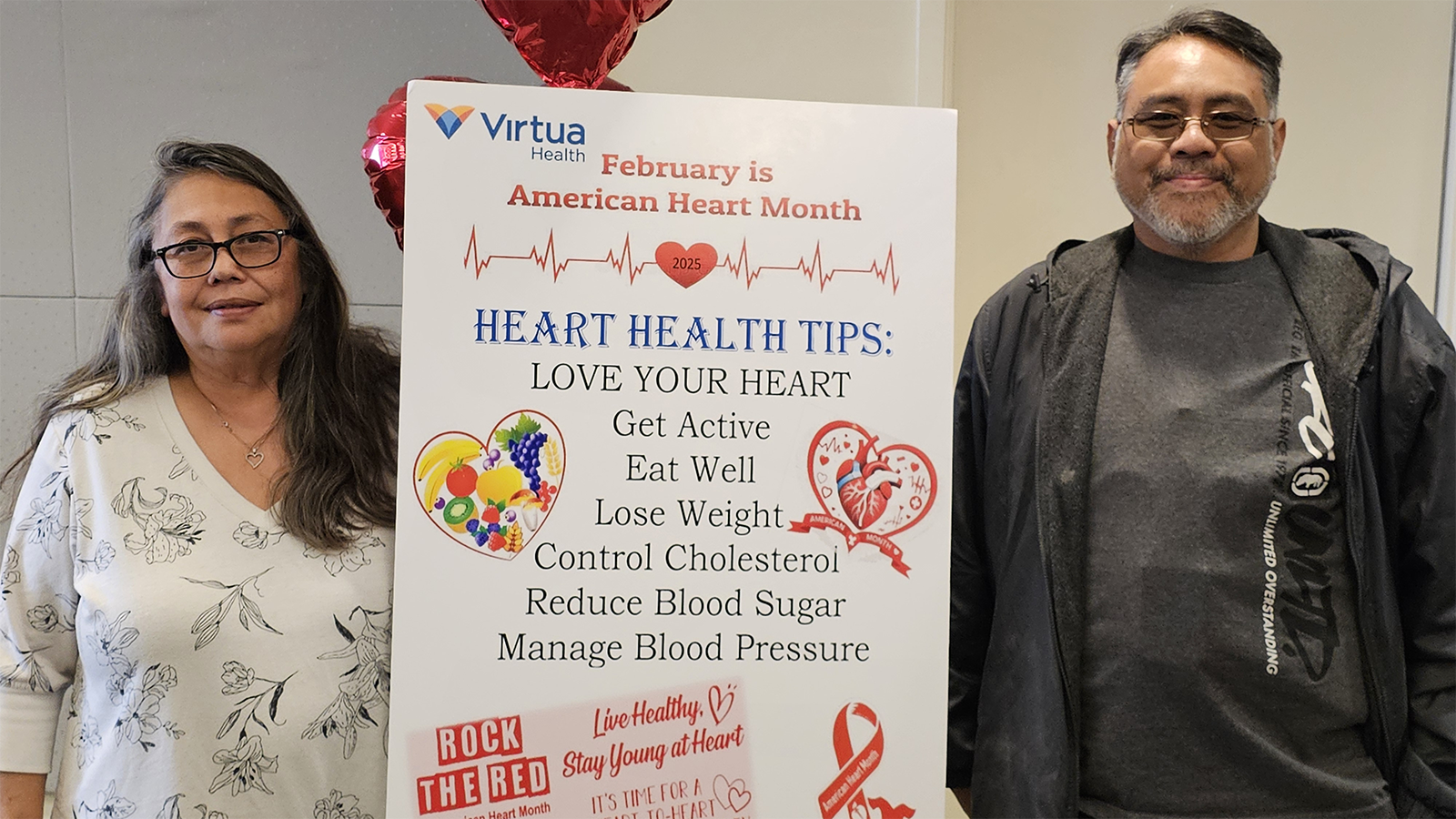
Patient Story: LVAD Mechanical Pump Strengthens Michael's Heart Function

Mitral Valve Surgery Keeps Yaneth Living the American Dream
Inside Look at Blood Vessels Aids PAD Treatment
Denise Davis: Pay Attention to Your Heart Health

Sweet Music: Trust, Teamwork Save Justin from Heart Attack

Complex Heart Surgery Nets James a Lifelong Friend

8 Key Steps to Better Blood Pressure Control

Signs You Should Get Treated For Vein Problems

One New Heart Valve Saves Two Lives in the Tritten Family

What You Need to Know About Heart Failure

6 Numbers Key to Keeping Your Heart Healthy

Five Mindfulness Tips That Can Help Heal Your Heart

Watchman Heart Device: a Technological Breakthrough for Blood Clot Prevention

Albert's Emergency Cardiac Surgery Is a 'Story of a Lifetime'

Love Your Heart: Essential Care Tips for Every Stage of Life

How Do I Measure My Blood Pressure at Home?

How Do I Improve My Cholesterol Levels?

3 Ways to Reduce Your Stroke Risk
Advanced Heart Failure Therapies Get Bernadine Back to Full Speed

Keeping the Beat: Advanced Heart Surgery for Aortic Aneurysm
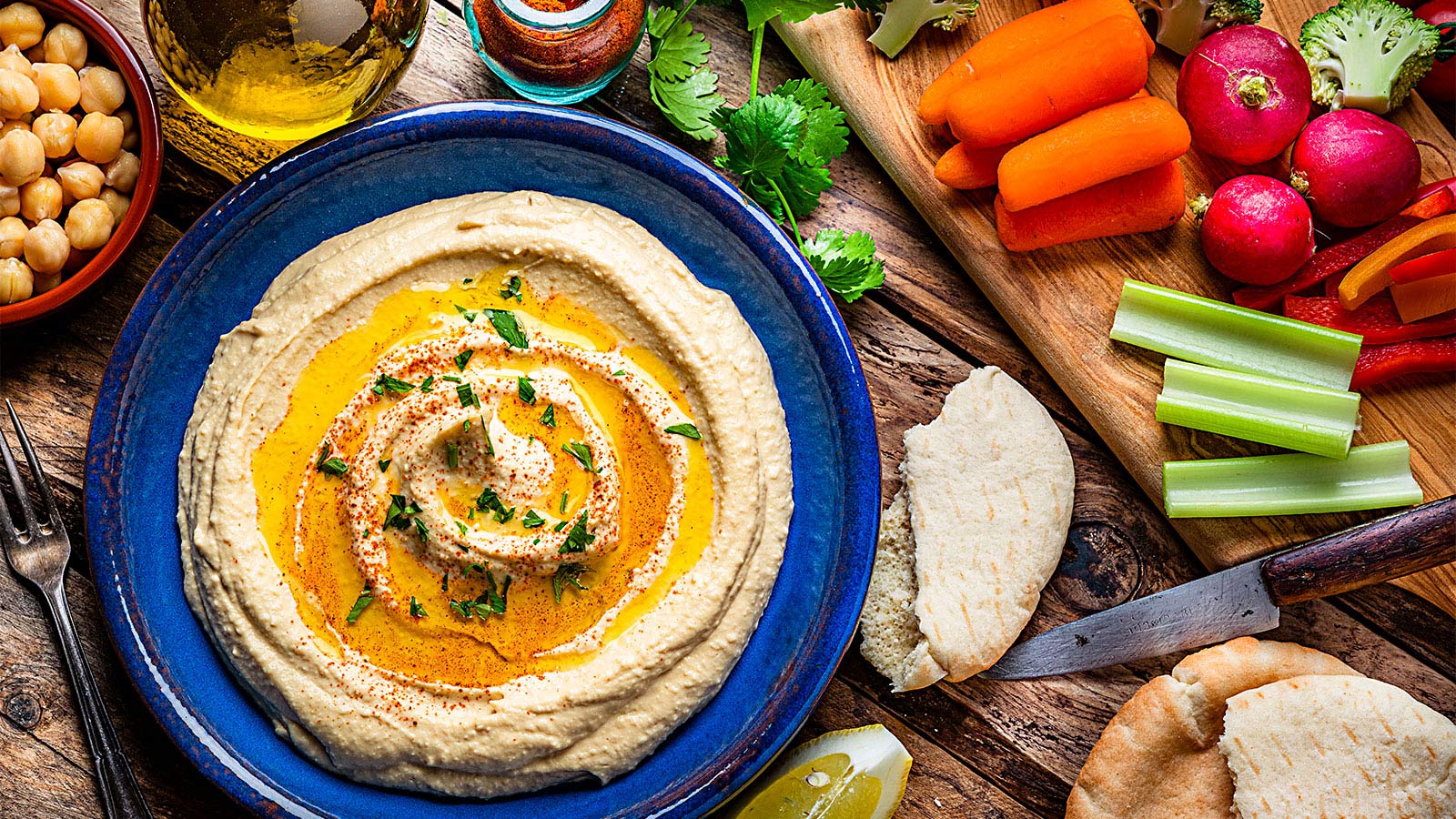
Heart-Healthy Summer Recipe: Hummus and Veggies

4 Delicious Heart-Healthy Recipes Perfect for Summer

Heart Healthy Summer Recipe: Dessert Parfait
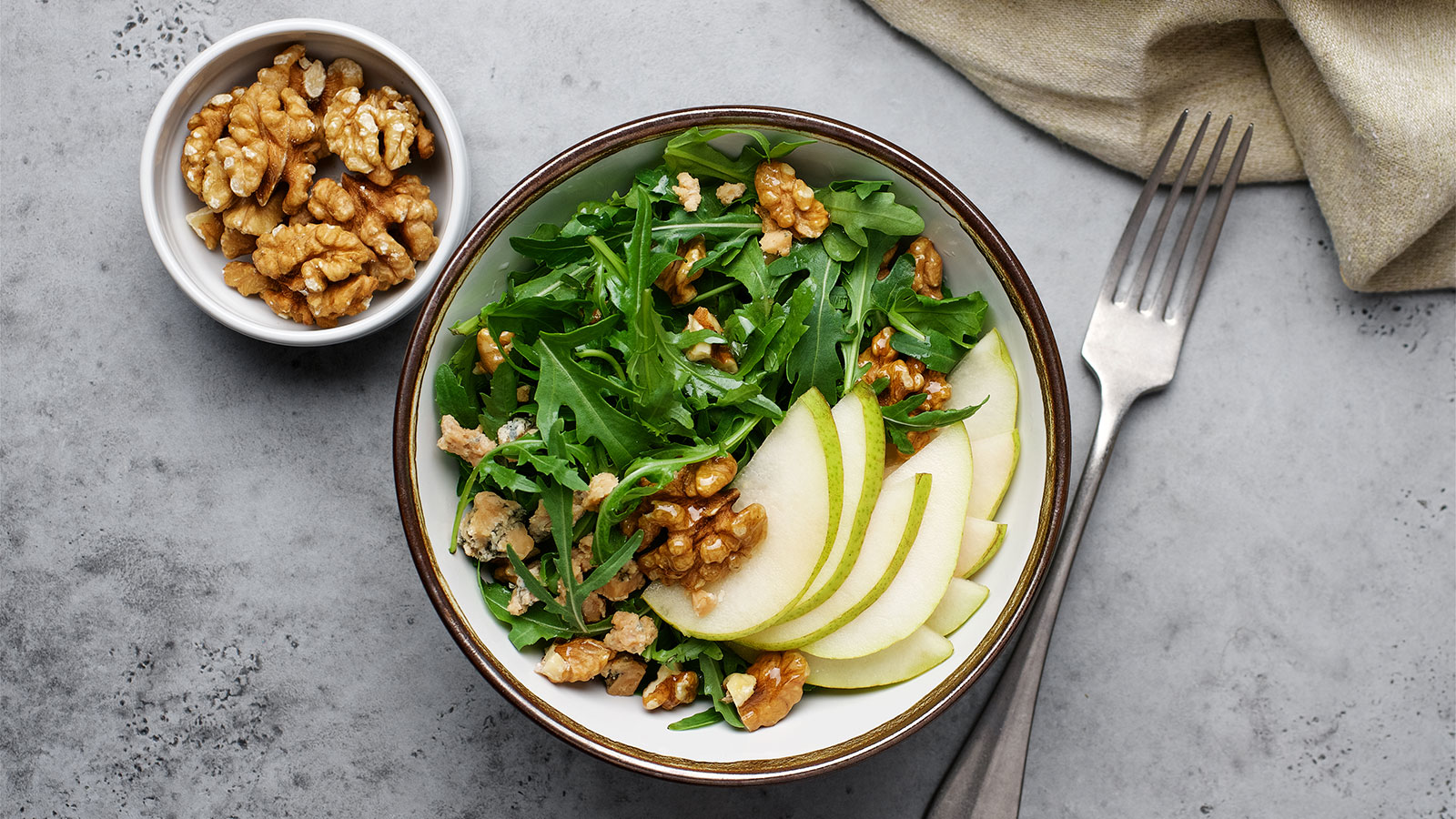
Heart-Healthy Summer Recipe: Pear and Walnut Salad
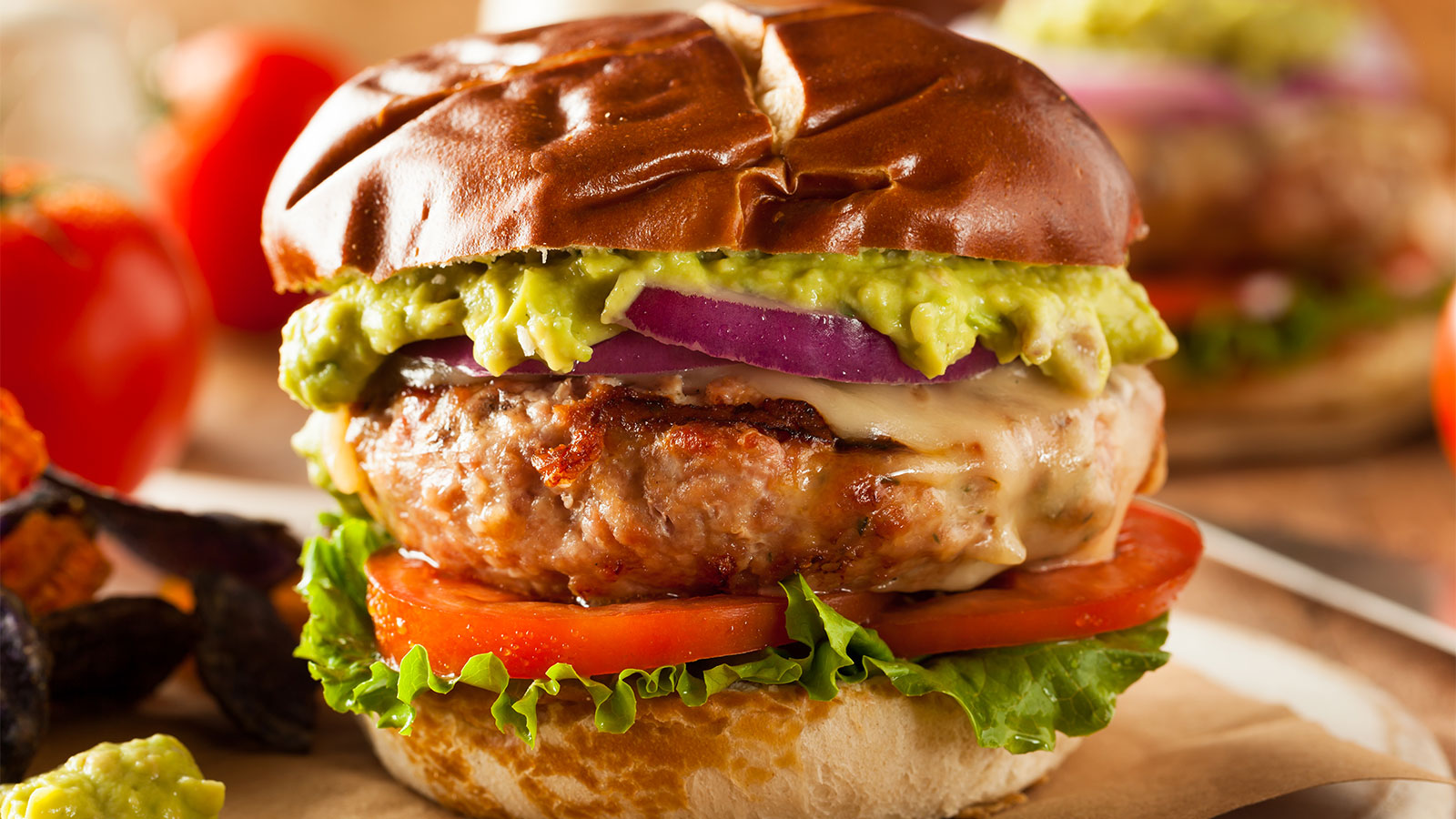
Heart-Healthy Summer Recipe: Terrific Turkey Burgers
Atrial Fibrillation and Stroke: What's the Connection?
Heart Tests Your Doctor May Order
Managing Pregnancy for Mothers With Heart Conditions
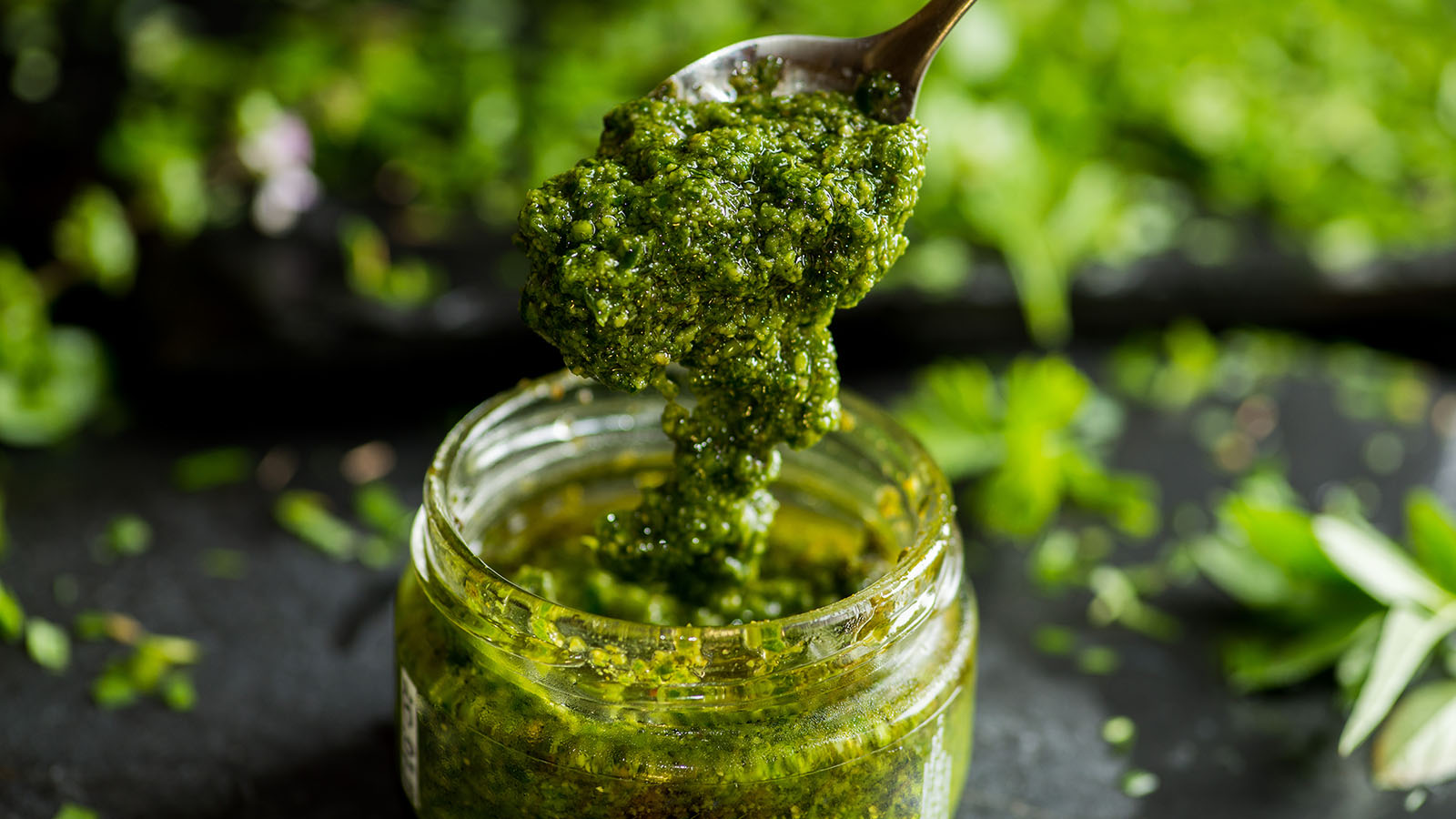
Heart Healthy Recipe: Basil Pesto Pasta With Seared Vegetables
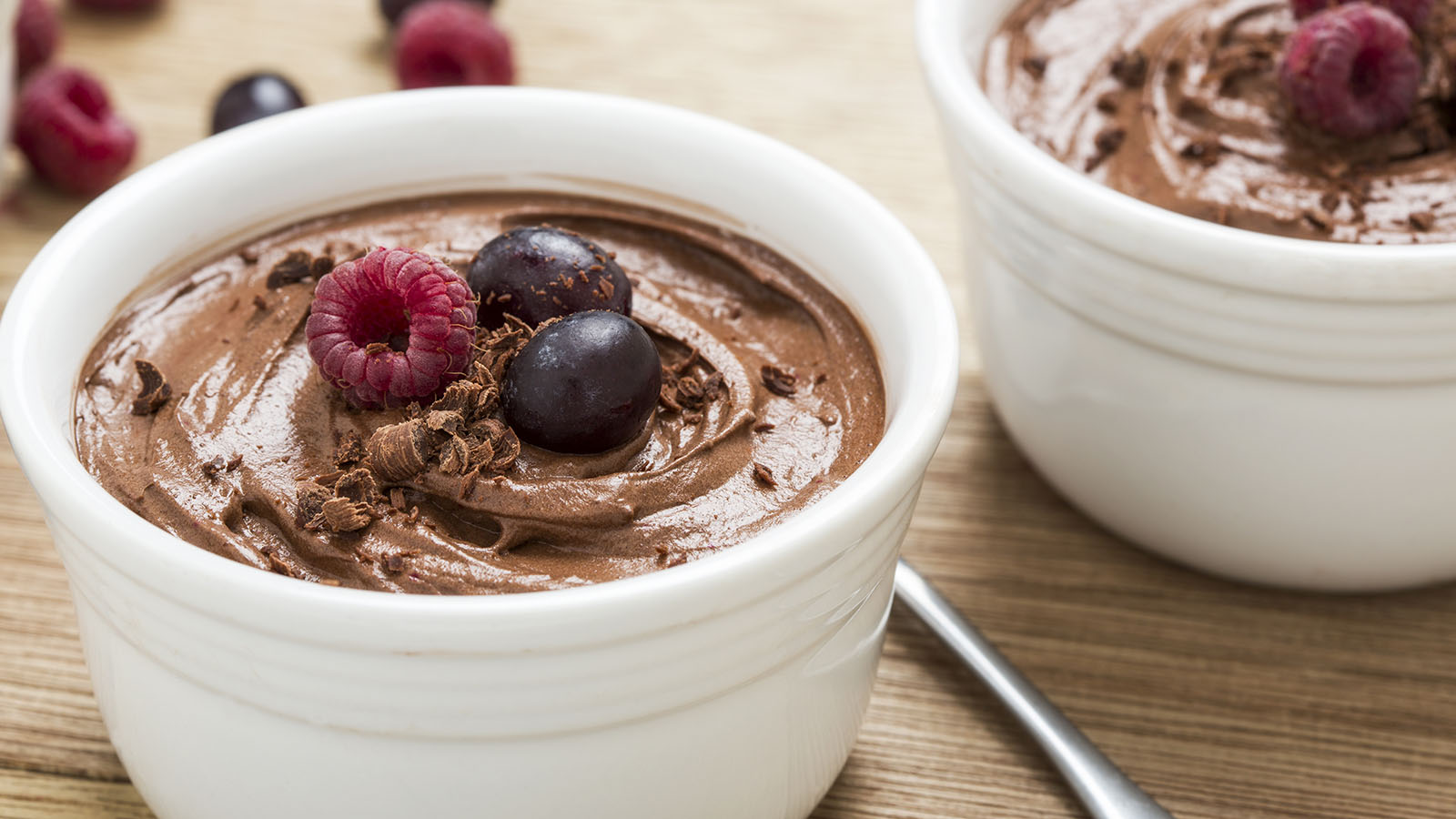
Heart Healthy Recipe Chocolate Avocado Chia Pudding
Keep Your Heart Rhythm in Check With Your Smartwatch
Mind Your Meds for Blood Pressure Risks
Magic Pill for Heart Health? Cut 300 Calories a Day
3 Smart Ways to Boost Your Heart Health
3 Best Exercises For Heart Health

Get Your Heart Pumping With These 25 Workout Songs
Your Chest Pain: Heartburn, Heart Attack, or Something Else?
3 Heart Healthy Recipes to Win Valentines Day
How Work and Home Stress Can Affect You
Why Improving Your Health Is Going To The Dogs And Cats
Why Younger Women Need Start NOW To Safeguard Their Hearts From Heart Attacks
Can You Die of a Broken Heart?
Mitral Valve Surgery Opens Doors for Improved Quality of Life
6 Healthy Habits to Start in Your 20s for Better Lifelong Health
Do You Have a Fatty Heart?
Get Pumped! Assist Devices Can Improve Heart Failure Symptoms
A Cardiologists Advice on Heart-saving Emergency Cardiac Care
Virtua Doctor’s Experience Is a Warning for All About COVID-19 and Strokes
You May Feel Fine, but Gregory Says "Don't Skip Your Medical Care"
In Sickness and in Health: Couples Often Share Heart Disease Risk
"Reduce Your Heart Disease Risk With a Plant-based Diet"
Hybrid Robotic Heart Surgery and Valve Replacement Restores Quality of Life
Can Marijuana Hurt Your Heart Health?
6 Tips for Restoring Your Heart Rhythm
Eat Smart for Your Heart
Cardiac Rehab: Strengthening Your Heart After Leaving the Hospital
Your Heart Needs A Good Nights Sleep
Are You at Risk for AAA—the Silent Killer?
The Cardio Oncology Team Protects Your Heart During Cancer Treatment
Get Relief From Painful Varicose Veins This Summer
Exercise Your Way to a Stronger Heart
Fish Oil: A Good Catch or a Scam?
My Heart Seems to Skip a Beat - Should I Be Worried?
Menu Planning? Try These 5 Heart-smart Substitutions

5 Health Risks Tied to Weight
